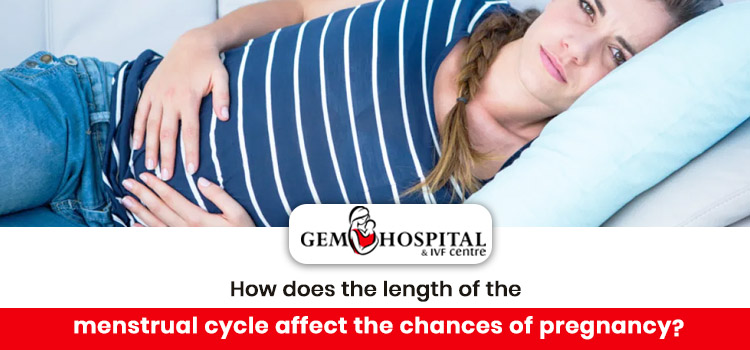What is the menstrual cycle?
The menstrual cycle is a word used to relate the order of events that happen in the body as it prepares for the chance of pregnancy each month. The menstrual cycle is from the first day of the period and next period. Every person’s cycle is slightly different, but the process is the same. Menstrual disorders are issues that affect a woman’s regular periods. They include painful cramps during menstruation, not having any bleeding or abnormally heavy bleeding. If you have any menstrual problem, then visit the best gynae in Punjab because it may affect your mental health.
Relation Between Menstrual Cycle And Mental Health
Menstrually-related mood disorders are associated with the menstrual cycle. Menopause and cycles of menstruation are times of intense hormonal fluctuation which can increase vulnerability to depression. Perimenopausal Depression, Premenstrual Syndrome (PMS), and Premenstrual Dysphoric Disorder (PMDD) are menstrually-related mood disorders treated by the best Gynae in Punjab.
- Premenstrual Dysphoric Disorder (PMDD): The exact cause of PMDD is not known. It may be an abnormal reaction to regular hormone changes with each menstrual cycle. The hormone changes can cause serotonin, a substance found naturally in the intestines and brain that narrows blood vessels, can affect mood and cause physical symptoms.
- Premenstrual Syndrome (PMS): Premenstrual syndrome (PMS) has a wide variety of signs and symptoms, including tender breaths, mood swings, food cravings, fatigue, irritability and depression. PMS estimated that as many as three of every four menstruating women had experienced some form of premenstrual syndrome.
- Perimenopausal Depression: Depression is common during perimenopause. Symptoms of depression include crying a lot, feeling hopeless or worthless, feeling numb, and losing interest in everyday activities.
Prevention Tips:
- Practice Relaxation: Relaxation techniques are a great way to help with stress management.
- Yoga: It improves your strength and helps with back pain relief. Beneficial in heart health.
- Meditation: Meditation reduces stress, improves memory and increases attention.
- Exercise: Exercise controls weight, boosts energy, promotes better sleep and improves mood.
- Deep Breathing: It can reduce stress and anxiety, improve immunity, increase energy, relieve pain and improve digestion.
Conclusion
Besides the presence of menstrual blood, it is expected to experience symptoms like cramps, moodiness, breast tenderness, irritability, and headaches during or just before your period, but if you experience perimenopausal depression, PMS, and PMDD, then go to the best gynae in Punjab, because it may affect menstrual cycle and mental health.



